Faces of faith
Cadie Mukaneza
Roman Catholic
Human resources records specialist
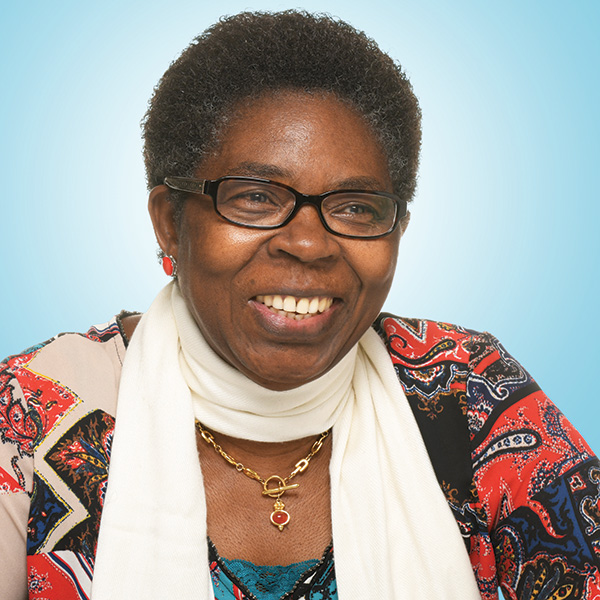 I was educated in catholic schools from grade school through college. I came in 1997 to Dayton as a refugee from the genocide in Rwanda.
I was educated in catholic schools from grade school through college. I came in 1997 to Dayton as a refugee from the genocide in Rwanda.
In 1982, I lived close to where the Holy Mother appeared at Kibeho. One of the young girls, the visionaries of the apparitions, walked through the crowd of thousands of people and delivered to me these words from the Holy Mother: “My child, I know that you will be through many tribulations, but I will not leave you alone. I will be always with you to help you.”
During the war, my husband was shot three times. He was about to die. We were alone. There was nothing we could do but pray. I took out the rosary I had with me in Kibeho and hung it around his neck. And at that very moment, a Good Samaritan came and helped us.
My story is too long — it could take days and days. But over and over again, I have found the hand of God and power in prayer. I try to apply the Ten Commandments to my job and my life, especially love your God and your neighbor. God gives us knowledge, and we have to put all our gifts together for other people.
I was and still very grateful to all the people who have been instrumental in my journey. I pray for them every day for God's blessings.
Beth Harrison
Buddhist
Director, Office of Learning Resources
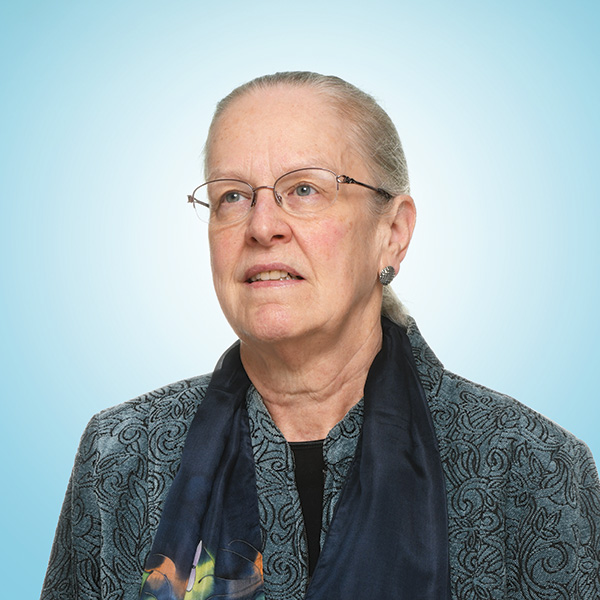 I began identifying as a Buddhist when I was working on my doctoral thesis in Japan. Buddhism teaches that everything in this world changes all the time. This is just reality. But we as humans suffer because we can’t accept that life is in constant change and so we continuously want something or someone we can’t have.
I began identifying as a Buddhist when I was working on my doctoral thesis in Japan. Buddhism teaches that everything in this world changes all the time. This is just reality. But we as humans suffer because we can’t accept that life is in constant change and so we continuously want something or someone we can’t have.
I try to live my life every day by trying not to hold on to things, to let go of desires, to not take things so personally and be more accepting of the here and now. The ultimate goal of Buddhism is to let go of samsara, which is a Sanskrit word that refers to the endless cycle of rebirth.
And while the goal of Buddhism is to not be reborn, I want to put that off for me so I can come back and help others in any way I can.
I wear this bracelet, and there’s a quote that sums up how I want to live my life. It reads: As long as space endures, as long as sentient beings remain, until then, may I too remain and dispel the miseries of the world.
Scott Segalewitz
Jewish
Associate dean, School of Engineering
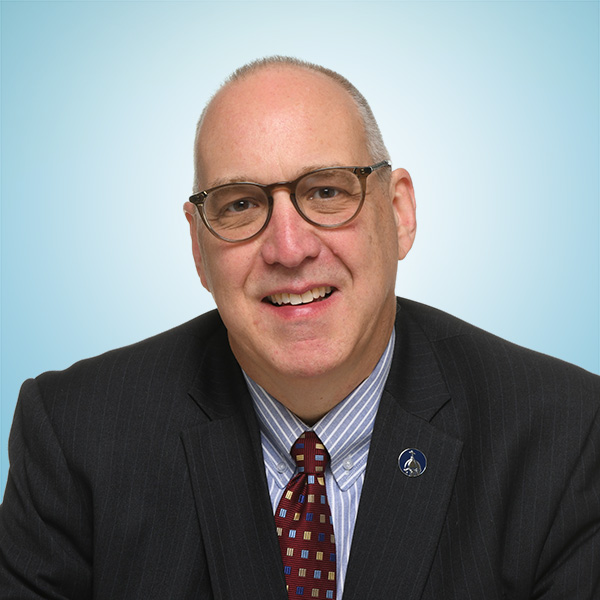 Both of my parents were raised Jewish, as were as many people on my family tree who could be identified. They taught us the history and traditions of Judaism.
Both of my parents were raised Jewish, as were as many people on my family tree who could be identified. They taught us the history and traditions of Judaism.
With a small Jewish population on campus, it is not uncommon for me to encounter people who know little about Judaism. With my colleagues, I enjoy learning more about their faith traditions while also explaining the observances in Judaism.
One of the teachings in Judaism that I most identify with is Tikun Olam — repair the world. This tenet promotes acts of service and social action. It is a belief that the world is innately good, but there is room for us to make improvements. We espouse connecting learning to leadership and service. In my mind, these are similar to Marianist values.
I believe UD is a place where it is acceptable and encouraged to talk about and practice one’s own faith. But I also believe that the observances of some faith traditions outside of Christianity are not on many people’s radar. I have considered it a personal mission to share my faith traditions and educate others about Judaism while also learning about the faith traditions of others.
Huthayfa Usman
Muslim
Sophomore criminal justice major
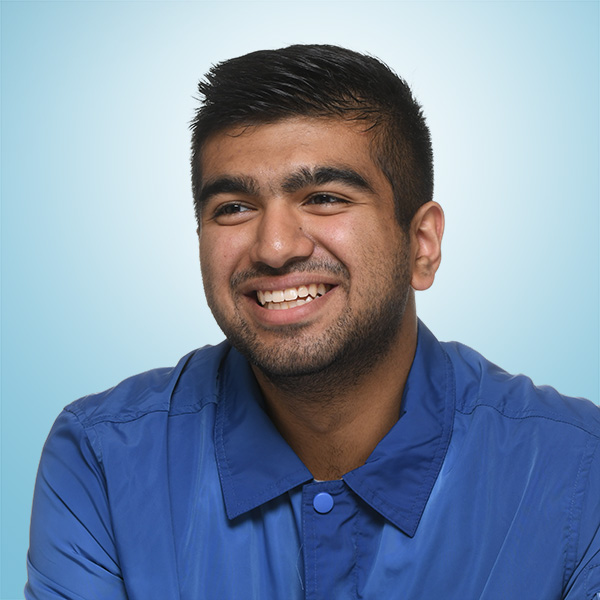 I describe myself as an American Muslim, since one’s country and culture have a lot to do with your religion.
I describe myself as an American Muslim, since one’s country and culture have a lot to do with your religion.
UD’s Catholic faith is one reason I came here; there’s a level of respect given no matter what religion you come from. I wanted a place where I was safe to practice and a safe place to talk to other people from different religions. People work hard to make it a supportive environment where we’re able to thrive.
A core belief of Islam is to be kind to other people — similar to other religions. We have a saying that a smile is a kind of charity. You might be poor to the point where you don’t have money to give — like being a college student — but you can still smile and make someone’s day better.
Being a Muslim means you’re always serving, whether you serve God or your community. The career I’m going toward in law enforcement is about serving other people. My role as president of the Muslim Student Association is not necessarily about serving; it’s part of my identity. I’m the first domestic president, so I work to understand what the needs are of international students.
Corinne Daprano
Roman Catholic
Interim dean of the School of Education and Health Sciences
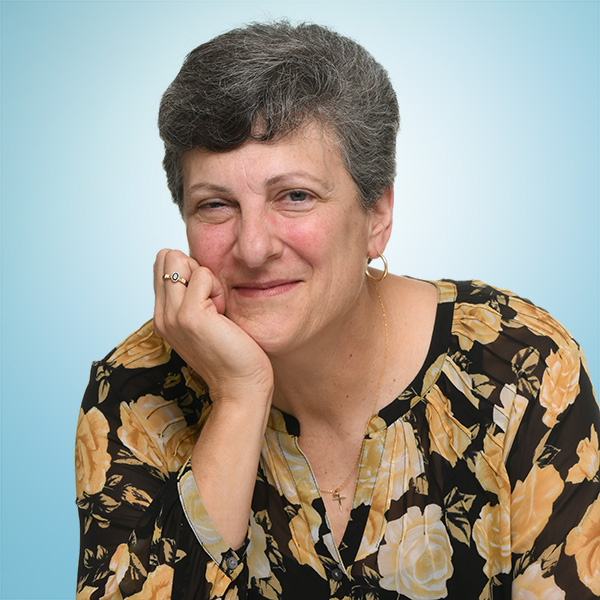 On my desk, a card titled “Marianist Core Leadership Values” lists consultation and collaboration, discipleship of equals, adaptation and change, and community in permanent mission. Those are the values of a different kind of leadership. It’s not about handing down mandates; it’s based on a respect for what others bring to the table. It fits with what I want to be as a person, as a Catholic. And it resonates with people even if they are not Catholic.
On my desk, a card titled “Marianist Core Leadership Values” lists consultation and collaboration, discipleship of equals, adaptation and change, and community in permanent mission. Those are the values of a different kind of leadership. It’s not about handing down mandates; it’s based on a respect for what others bring to the table. It fits with what I want to be as a person, as a Catholic. And it resonates with people even if they are not Catholic.
Learning about the faith traditions of others is enriching. There is an openness here about discussing other traditions, a respect, a sharing, a commonality.
Working here allows me to express my faith every day. At other schools I’ve been, it’s like checking your faith at the door. I could talk about my faith with students, but certainly not in the classroom or in meetings. Here Catholicism is the backdrop for everything we do.
I enjoyed the other places I have taught. But UD has a sense of mission that sets it apart. Community is not just a word here. As a Catholic, Marianist university, we talk about it. But we also do it.
Verb Washington
Nondenominational Protestant
Assistant dean, College of Arts and Sciences
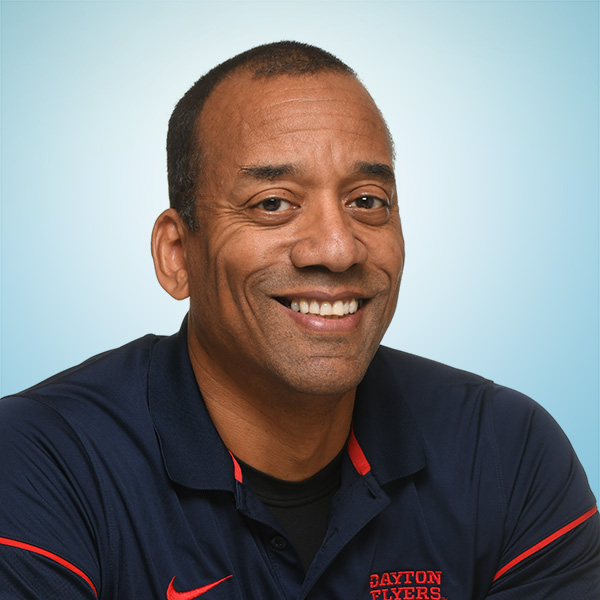 In 2003, when still on active duty with the Army, I was assigned to UD as a professor of military science. I was told UD is a small, private Catholic university. The Catholic piece wasn’t a challenge — my wife is Catholic; I was raised Apostolic — but getting students to do ROTC at a private school is, so I wasn’t excited about coming. Then I visited campus. The moment I stepped on the property, a celestial symphony erupted. Wow. It was a little bit freaky.
In 2003, when still on active duty with the Army, I was assigned to UD as a professor of military science. I was told UD is a small, private Catholic university. The Catholic piece wasn’t a challenge — my wife is Catholic; I was raised Apostolic — but getting students to do ROTC at a private school is, so I wasn’t excited about coming. Then I visited campus. The moment I stepped on the property, a celestial symphony erupted. Wow. It was a little bit freaky.
Outside O’Reilly Hall, there is a quote from Father Raymond Roesch. He says the reason ROTC is placed in the College of Arts and Sciences is because students serve the Army as a vocation, and vocations are best explored through the humanities. This is a school dedicated to social justice and community that sees value in serving in the military. Awesome.
As assistant dean for student success, I meet with students who are in trouble, who are struggling. The biggest thing that my faith encompasses is the idea of grace. We all fall short of the glory of God. He accepts we aren’t going to be perfect. He’s made us and given us free will. We make bad choices all the time, but that shouldn’t be the end of our story.
Sangita Gosalia
Jain
Director of campus engagement, Center for International Programs
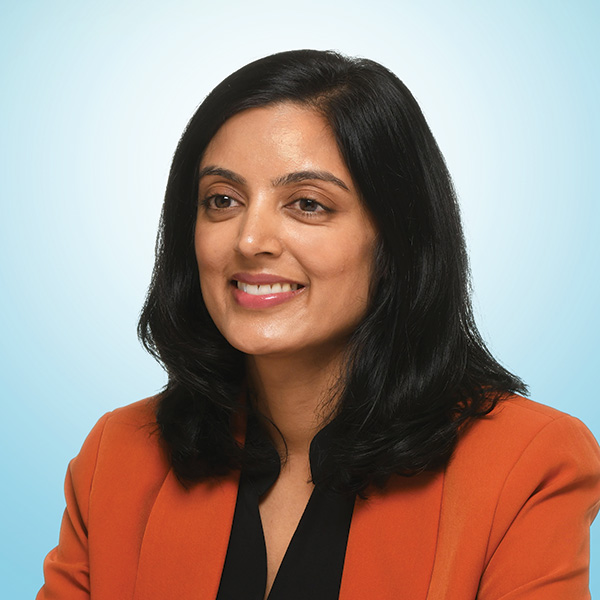 I grew up in a Jain family. Jainism is an old religion with the fundamental principle of nonviolence. It pushes us to strive to limit our harm toward ourselves, others and our environment. So, being mindful of one’s motivations, expressions and behaviors is important. Many Jains practice vegetarianism and believe in reincarnation and karmic influence, or the idea that our thoughts and actions impact our destiny.
I grew up in a Jain family. Jainism is an old religion with the fundamental principle of nonviolence. It pushes us to strive to limit our harm toward ourselves, others and our environment. So, being mindful of one’s motivations, expressions and behaviors is important. Many Jains practice vegetarianism and believe in reincarnation and karmic influence, or the idea that our thoughts and actions impact our destiny.
I believe my Jain values have helped me to navigate working in a Marianist institution. UD is unique in that we value relationships and collaboration. I appreciate that we often invite individuals from diverse perspectives to the table to engage with each other and challenge ourselves to think beyond one point of view. In many cases it requires us to accept and understand difference and find ways to work toward common goals. What is truth? It is often a question we are challenged to ask. Recognizing that truth is relative is an important principle of Jainism, and in seeking truth we strive to be compassionate and humble. These are values that align well with my perception of the Marianist values and what it means to live in community.
Steve Wilhoit
Christian, Disciples of Christ
Professor of English
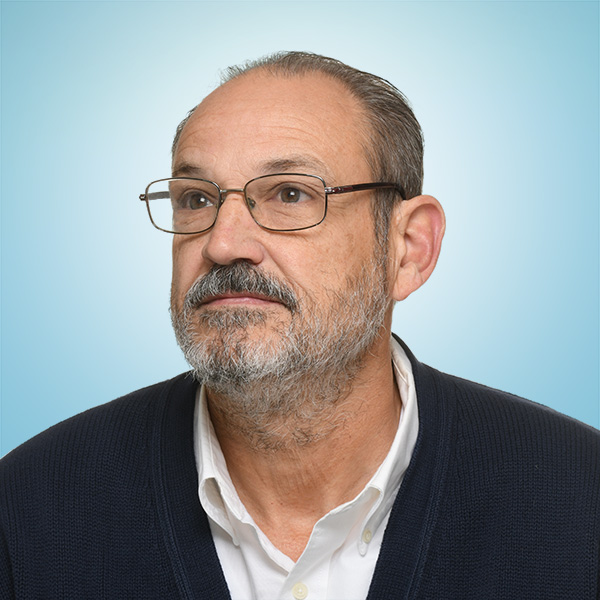 I’ve talked to students about teaching as an act of faith. Teachers want to have a positive impact on students’ lives. You have to have faith that you are. Sometimes you hear from former students who confirm that you did. Mostly, you don’t. If you lose that faith, you burn out.
I’ve talked to students about teaching as an act of faith. Teachers want to have a positive impact on students’ lives. You have to have faith that you are. Sometimes you hear from former students who confirm that you did. Mostly, you don’t. If you lose that faith, you burn out.
My religious affiliation is with the Christian Church, Disciples of Christ, for whom Jesus Christ is the center. We celebrate the Lord’s Supper every week, and everyone is welcome.
At UD, I’m comfortable bringing into the classroom subjects such as faith and religious belief. At other places I’ve been, one could talk, for example, about Flannery O’Connor’s religious imagery. But to ask students about how that applies to their lives is another thing. It may not be forbidden, but the atmosphere is not the same as here.
I’m working with other faculty members in bringing a discussion of vocation into the curriculum. Students are learning to ask, “What am I called to do? Who am I called to be?” We, I believe, are called to love God and neighbor and to use one’s skills to help others and bring meaning to one’s life.